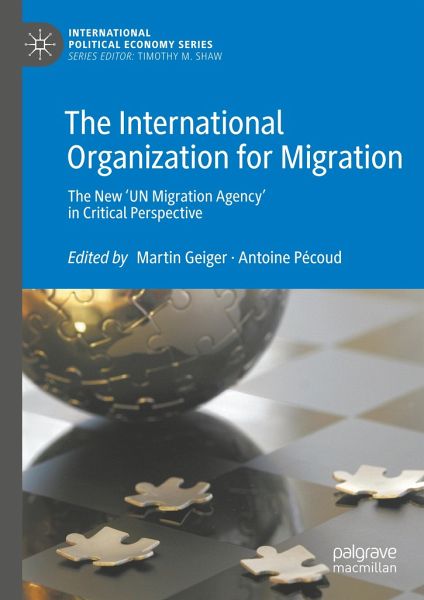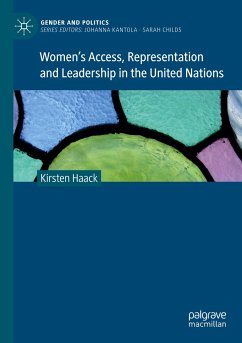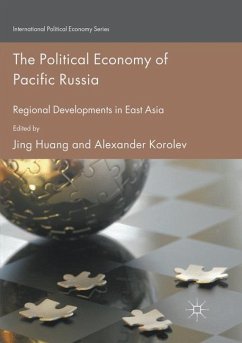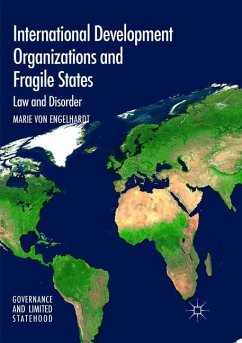
The International Organization for Migration
The New 'UN Migration Agency' in Critical Perspective
Herausgegeben: Geiger, Martin; Pécoud, Antoine

PAYBACK Punkte
57 °P sammeln!
In 2016, the International Organization for Migration (IOM) became part of the United Nations. With 173 member states and more than 400 field offices, the IOM-the new 'UN migration agency'-plays a key role in migration governance. The contributors in this volume provide an in-depth and comprehensive insight into the IOM, its transformation, current structure and projects, as well as its capacity, self-understanding and political agenda.














